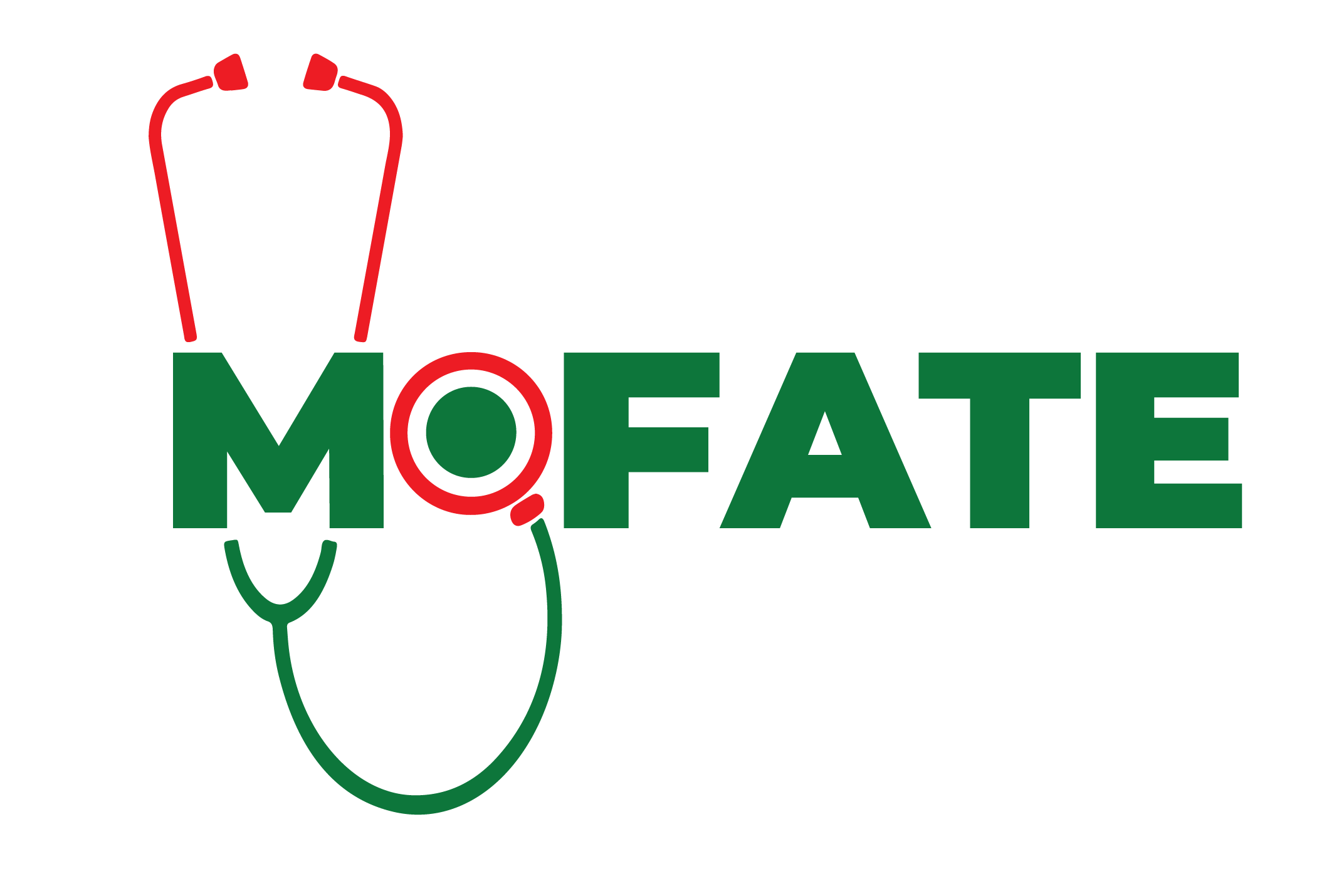Skip to content

Highlights of the Nursing Process:
- Assessment:
- Gathering comprehensive data about the patient’s health status through observation, interviews, and physical examinations.
- Diagnosis:
- Analyzing the assessment data to determine the issues or problems affecting the patient’s health.
- Planning:
- Setting measurable and achievable short- and long-term goals for the patient.
- Developing a plan of care that outlines the interventions required to address the diagnosed issues.
- Implementation:
- Carrying out the interventions outlined in the care plan.
- Involves direct patient care, education, and coordination of care with other healthcare professionals.
- Evaluation:
- Assessing the patient’s response to the interventions.
- Determining whether the goals have been met and adjusting the care plan as necessary.
Importance of the Nursing Process:
Individualized Care:
- Ensures that care is tailored to meet the specific needs of each patient, enhancing the effectiveness of treatment.
- Holistic Approach:
- Addresses the physical, emotional, social, and spiritual needs of the patient, promoting overall well-being.
- Improved Patient Outcomes:
- Systematic approach leads to better health outcomes through continuous assessment and adjustment of care.
- Enhanced Communication:
- Facilitates clear communication among healthcare providers, ensuring continuity and consistency of care.
- Efficient Resource Utilization:
- Optimizes the use of healthcare resources by prioritizing interventions and avoiding unnecessary procedures.
- Professional Accountability:
- Provides a structured framework for nurses to demonstrate their professional competence and responsibility in patient care.
- Evidence-Based Practice:
- Encourages the use of the latest research and clinical evidence to inform care decisions, leading to high-quality care.
- Patient Satisfaction:
- Involving patients in their care planning process improves their satisfaction and adherence to the treatment plan.
Go to Top

